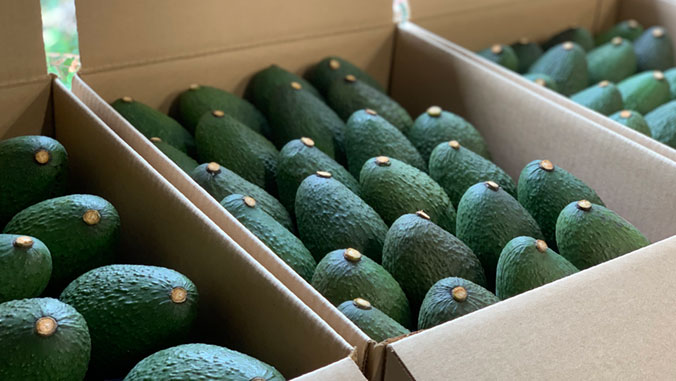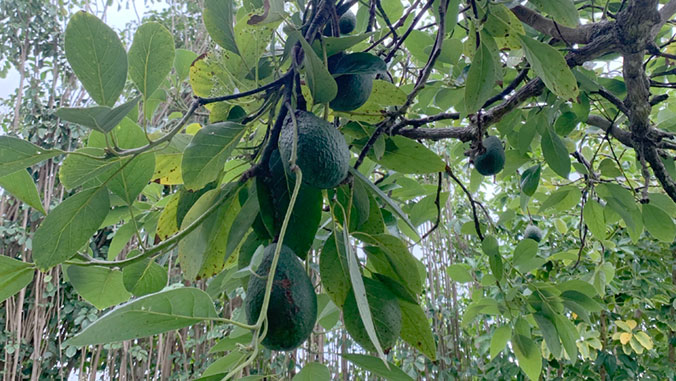
Avocado production worldwide continues to boom, with 6.4 metric tons produced in 2018 alone, according to recent statistics. That’s a lot of guacamole but as more countries enter the market, the global share from U.S. growers has dropped from 57% to 27% in just 10 years.
The University of Hawaiʻi at Mānoa College of Tropical Agriculture and Human Resources (CTAHR) will be part of an effort to reverse that trend and improve the nation’s avocado production, competitiveness and sustainability. The U.S. Department of Agriculture (USDA)-National Institute of Food and Agriculture has awarded $68 million in new “Specialty Crop Research Initiative” (SCRI) grants to 23 recipients.
One of these projects, a $4.4 million “Reducing Avocado Losses to Major Challenges by Improving Resistance Selection and Disease Management Using Next Generation Technologies” grant, includes CTAHR Associate Researcher Miaoying Tian of the Department of Plant and Environmental Protection Sciences, and Assistant Extension Agent Sharon Motomura-Wages of the Department of Tropical Plant and Soil Sciences.
Led by a team from the University of California-Riverside, Tian and Motomura-Wages will characterize pathogen populations, identify disease-resistant germplasm from Hawaiʻi collections, and evaluate the performance in Hawaiʻi of elite rootstocks selected by the California Rootstock Breeding Program. Tian and Motomura-Wages also will introduce effective fungicides, rapid in-field diagnostics, and advanced management strategies to local avocado producers.
“We are so excited to receive this support and be a part of this project that will enhance Hawaiʻi’s avocado industry,” said Tian.
Added Motomura-Wages, “This grant would not be possible without the support of our stakeholders and their valued input. I would like to thank our producers for working together with CTAHR to pursue critical funding opportunities and devoting their time to serve as advisors on projects they believe will benefit Hawaiʻi‘s avocado industry.”
SCRI supports specialty crop industries by addressing problems in production, distribution, processing and consumer markets.


